6.2- Foreign Affairs Trouble the Nation
1/15
There's no tags or description
Looks like no tags are added yet.
Name | Mastery | Learn | Test | Matching | Spaced |
|---|
No study sessions yet.
16 Terms
Neutrality
A statement that the United States would support neither side in the conflict
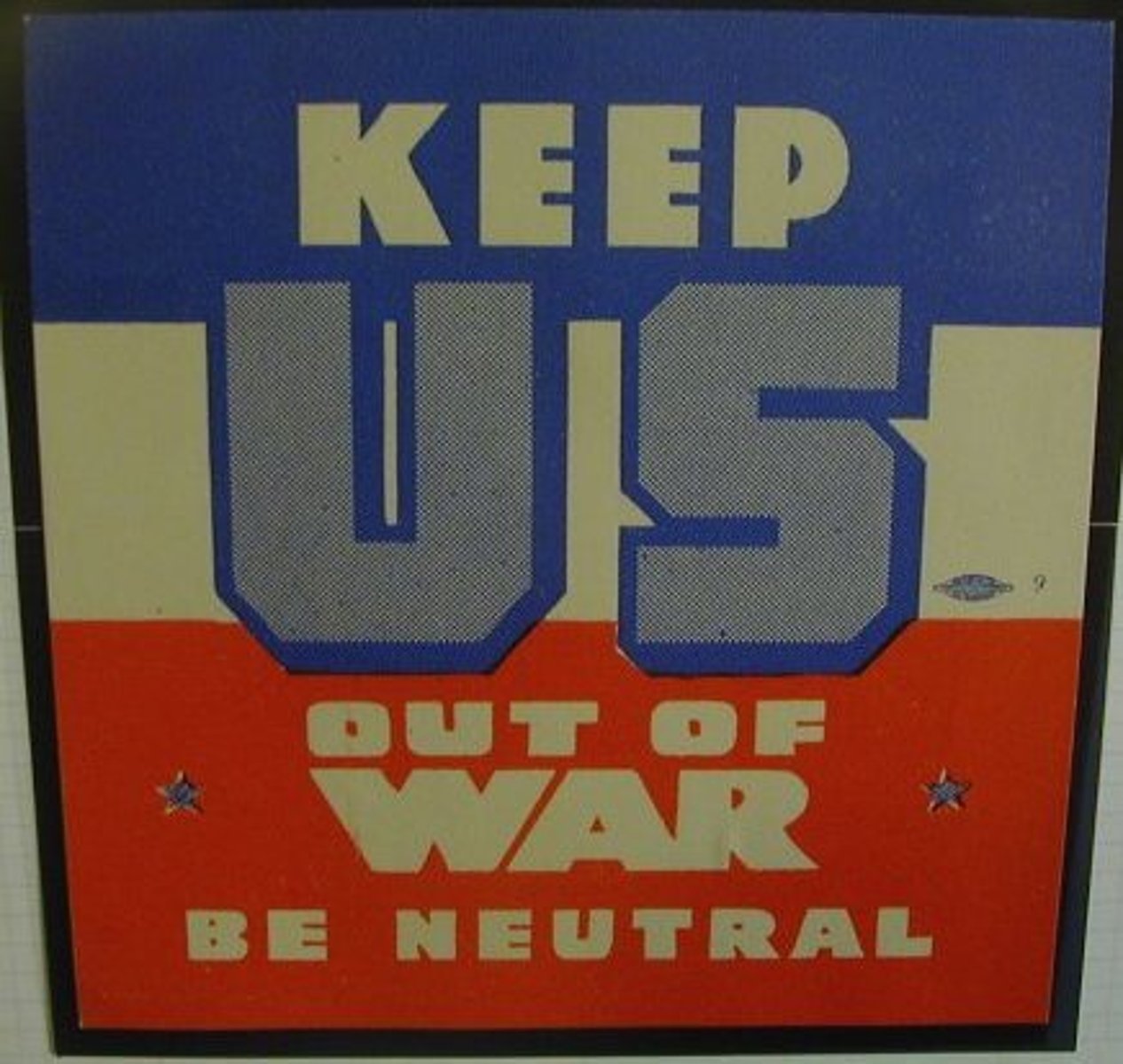
Edmond Genet
A young diplomat from France
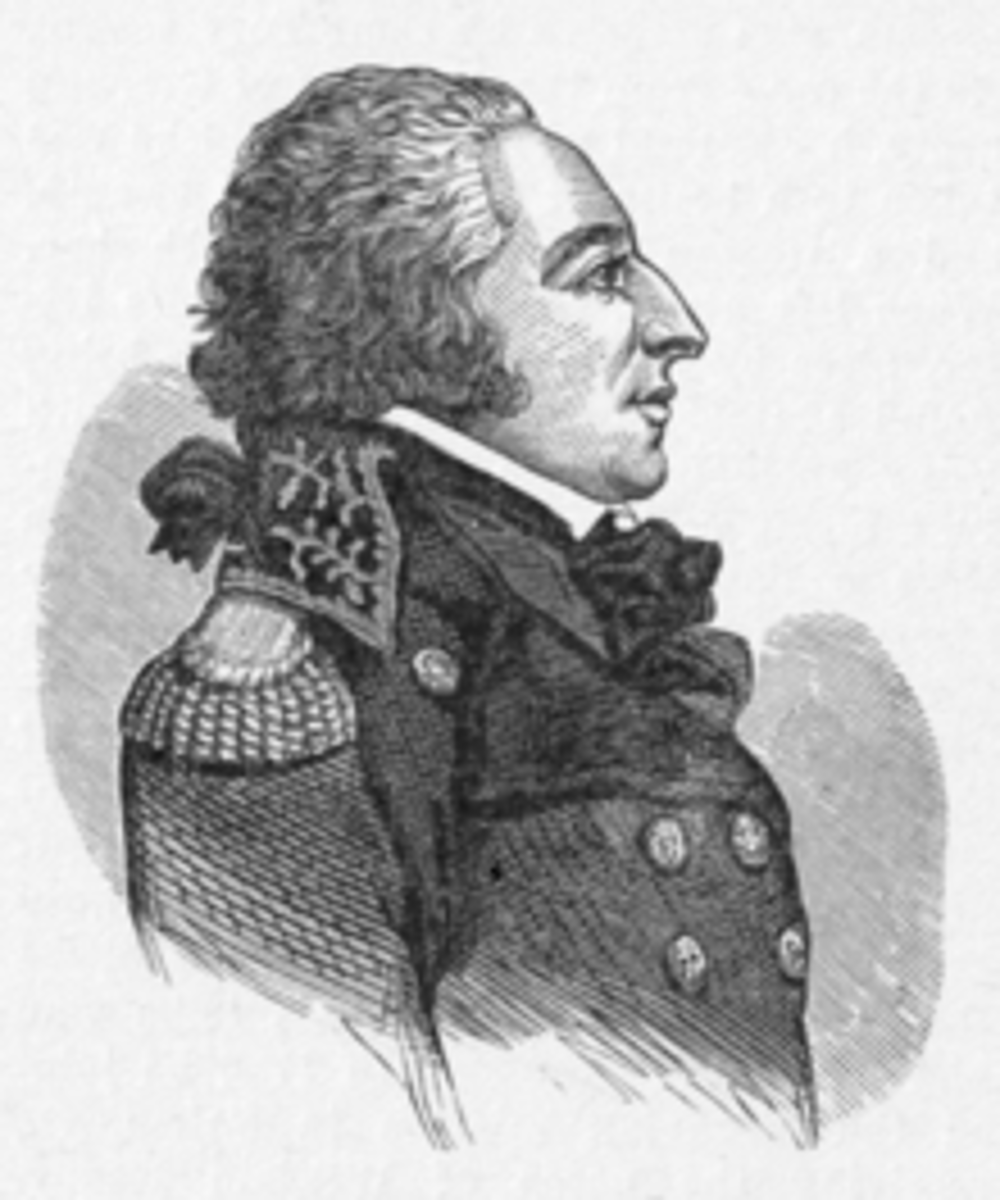
John Jay
The chief justice of the Supreme Court. Negotiates a treaty with England that prevent war.
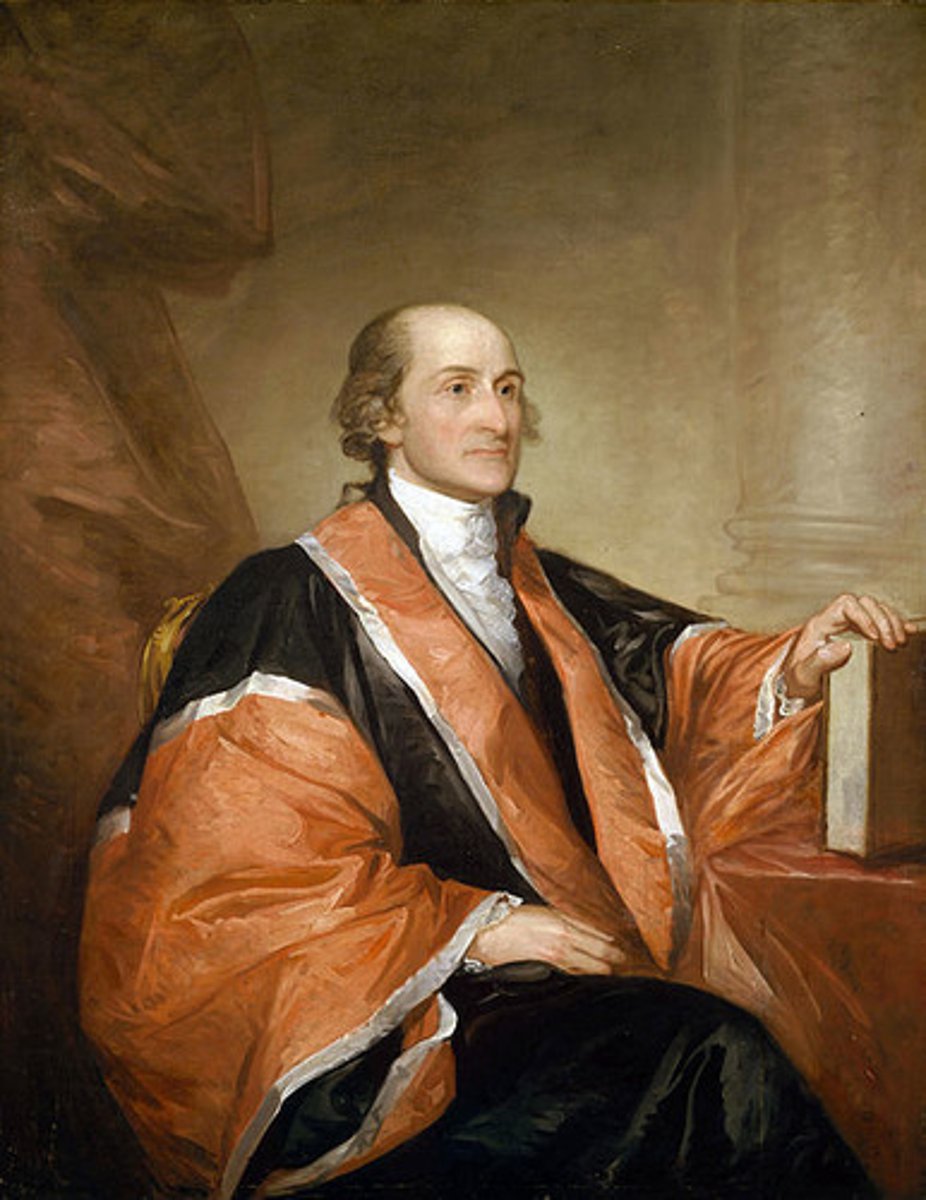
Sectionalism
Placing the interests of one region over those of the nation as a whole
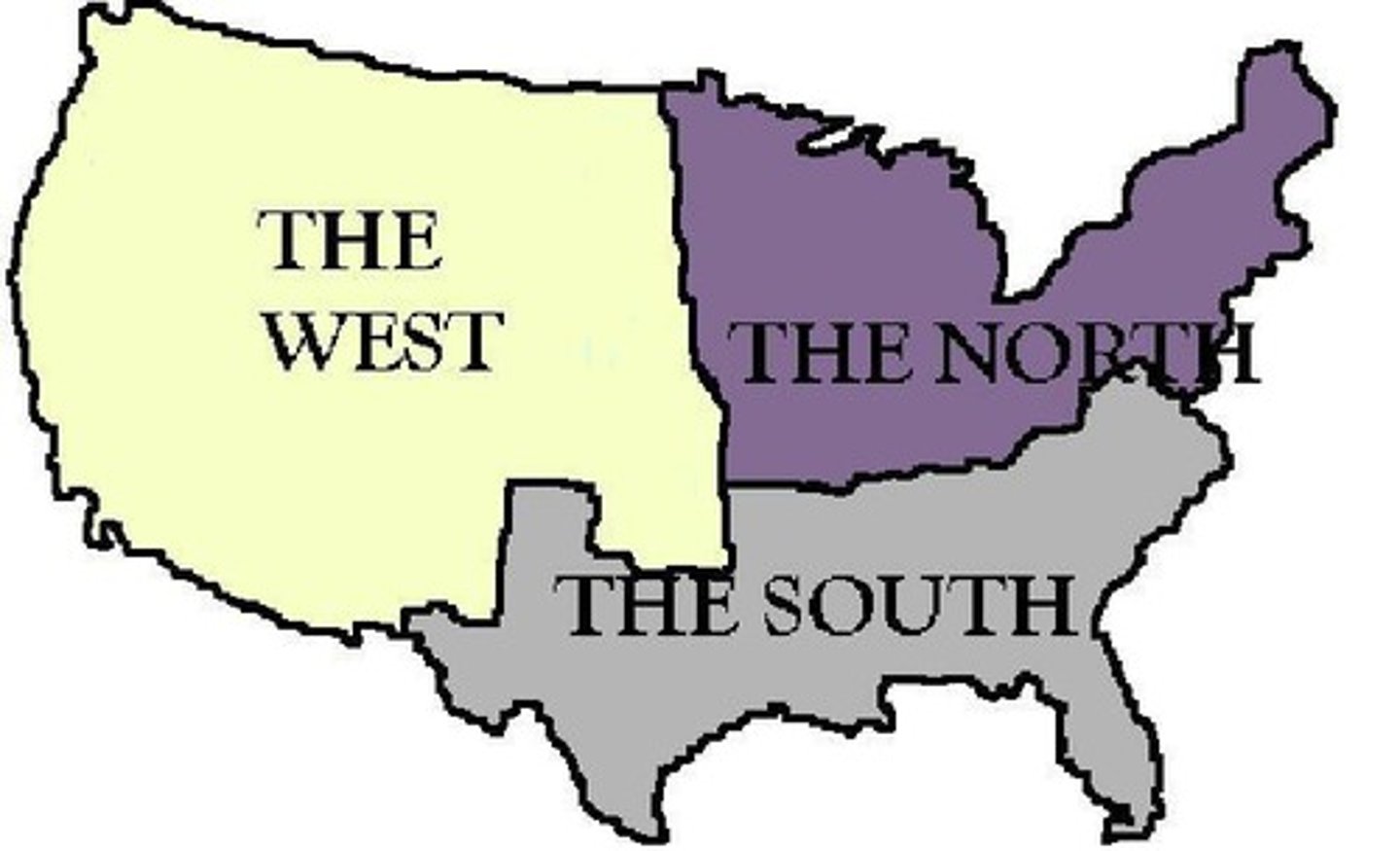
XYZ Affair
The Directory sent three low-level officials, whom Adams in his report to Congress called "X, Y, and Z." These officials demanded a 250,000$ bribe as a payment for seeing Talleyrand

Alien and Sedition Acts
A series of four laws enacted in 1798 to reduce the political power of recent immigrants to the United States
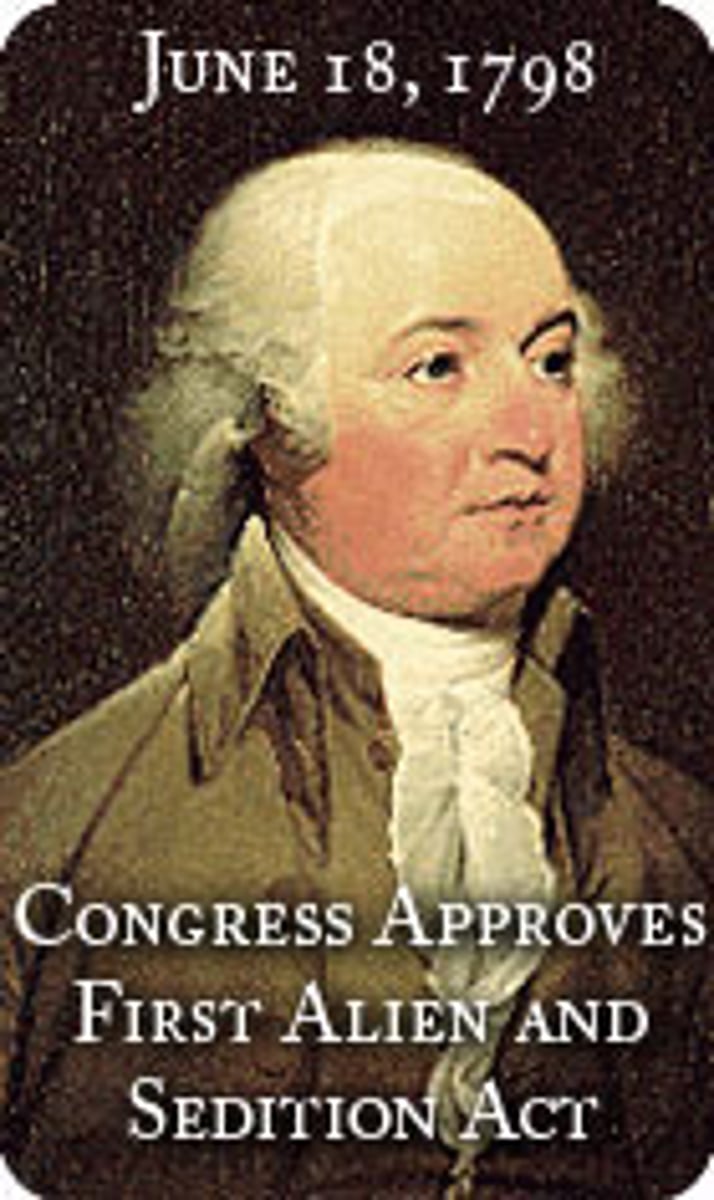
George Washington
First President of the United States
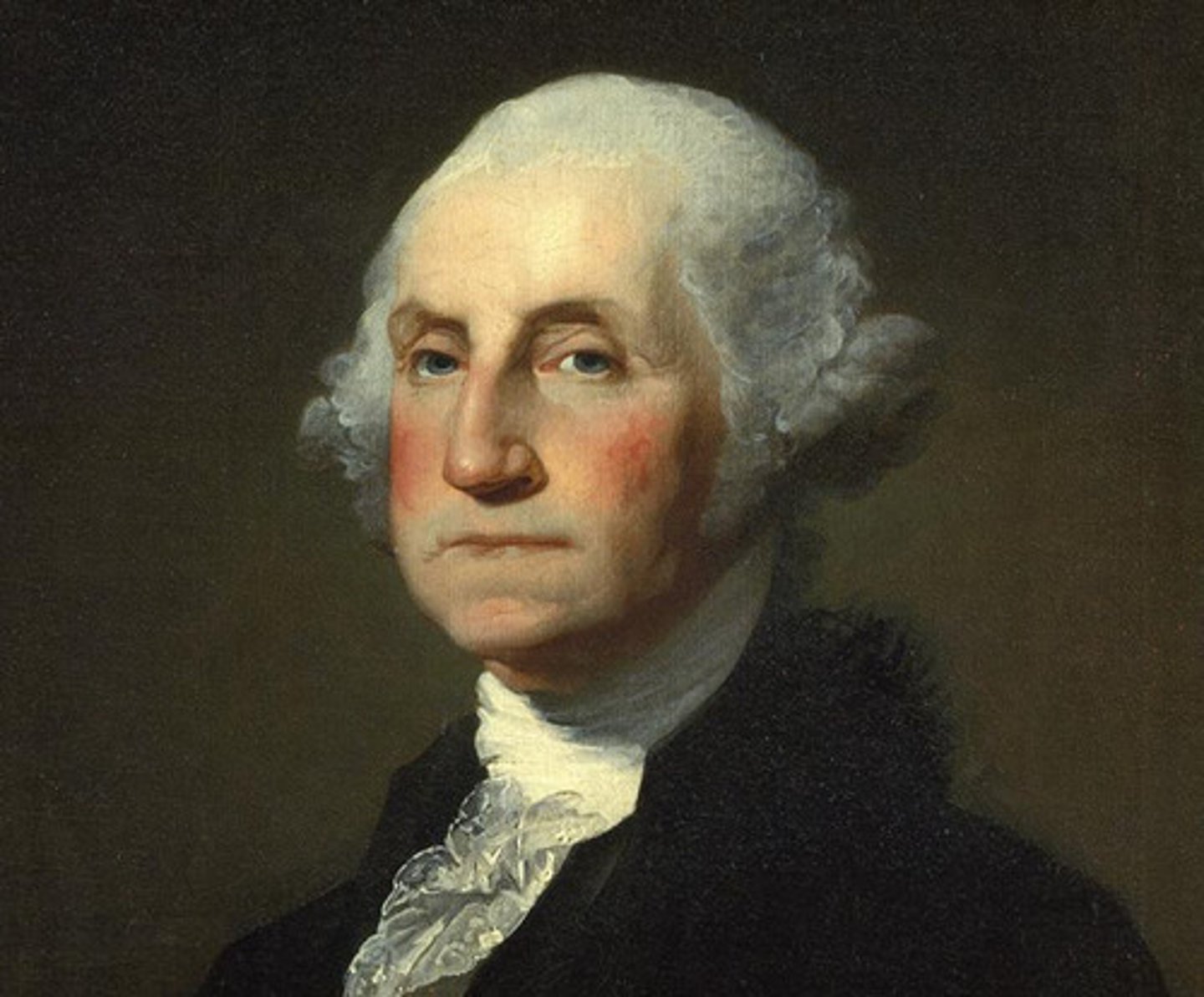
Thomas Jefferson
Democratic-Republican (3rd President of the United States)
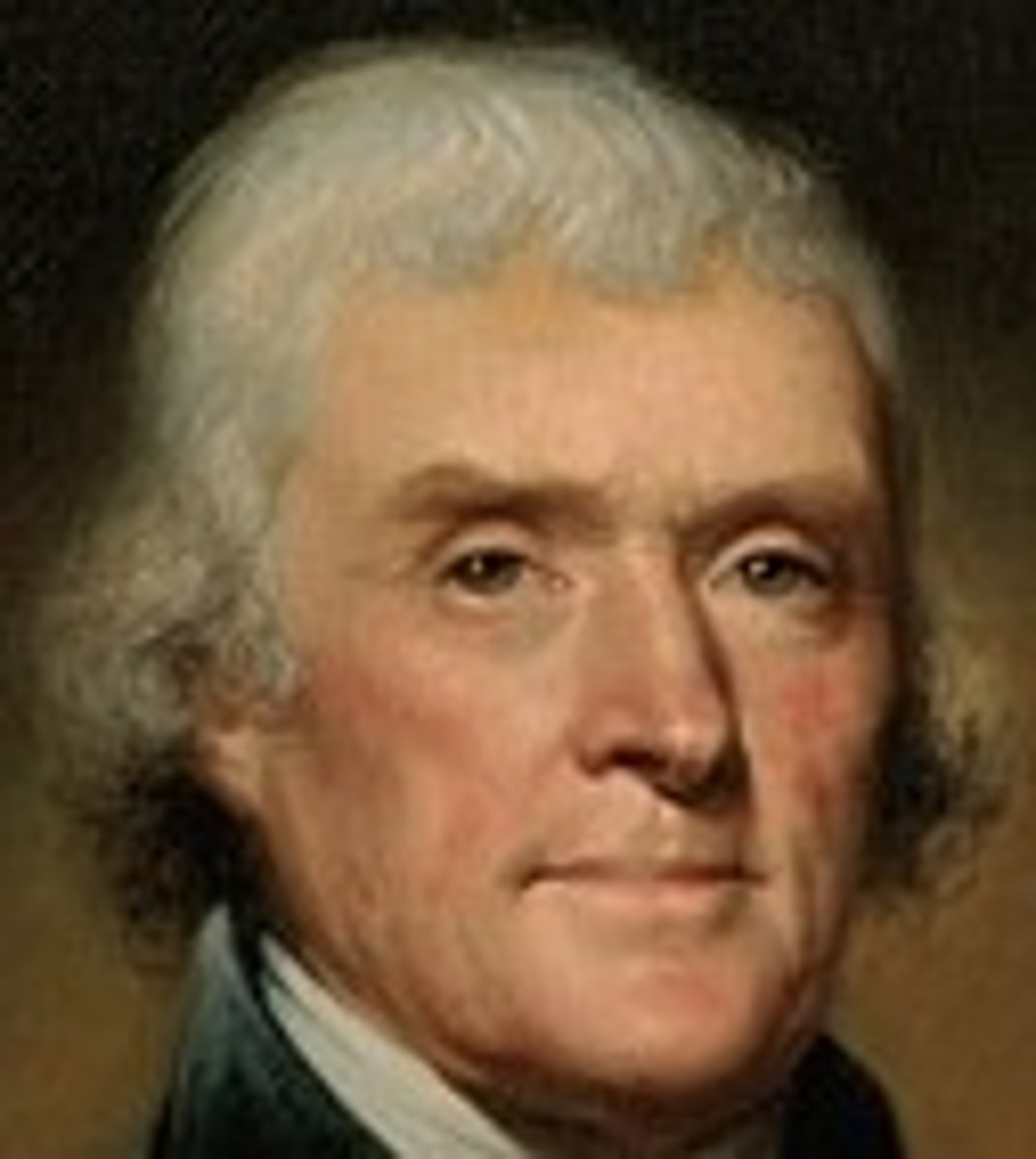
James Madison
Democratic-Republican (4th President of the United States)
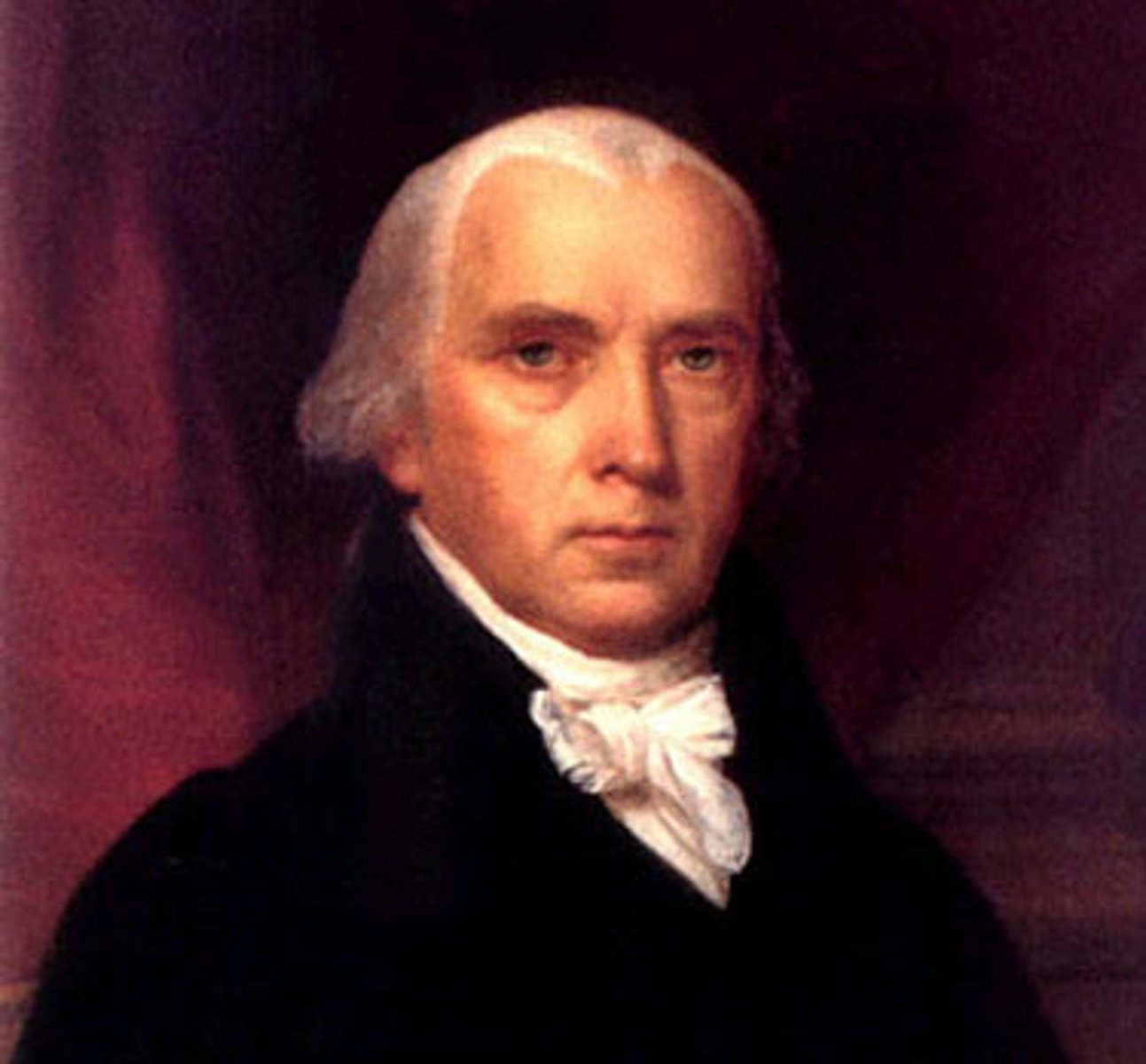
Alexander Hamilton
Federalist (Founding Fathers of the United States)
political party
a group that seeks to elect candidates to public office
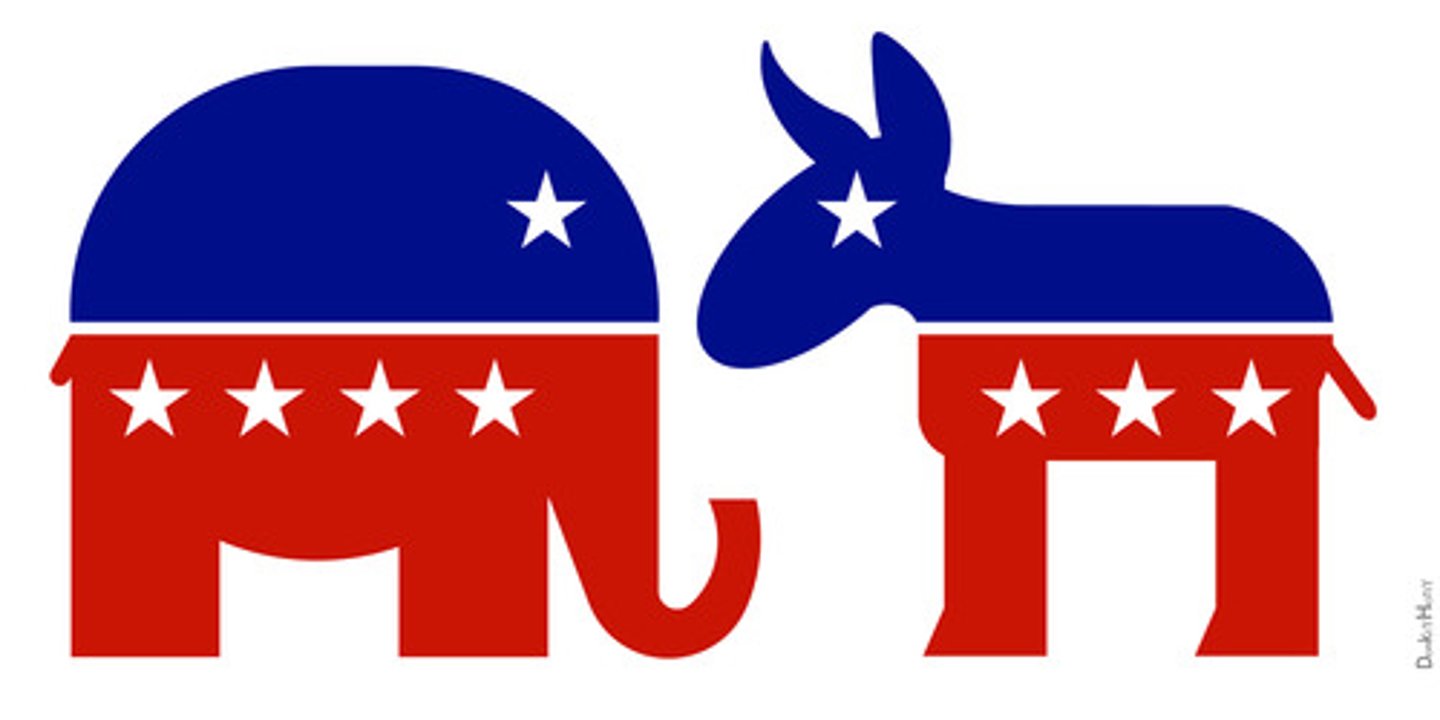
Foreign Policy
a government's strategy in dealing with other nations
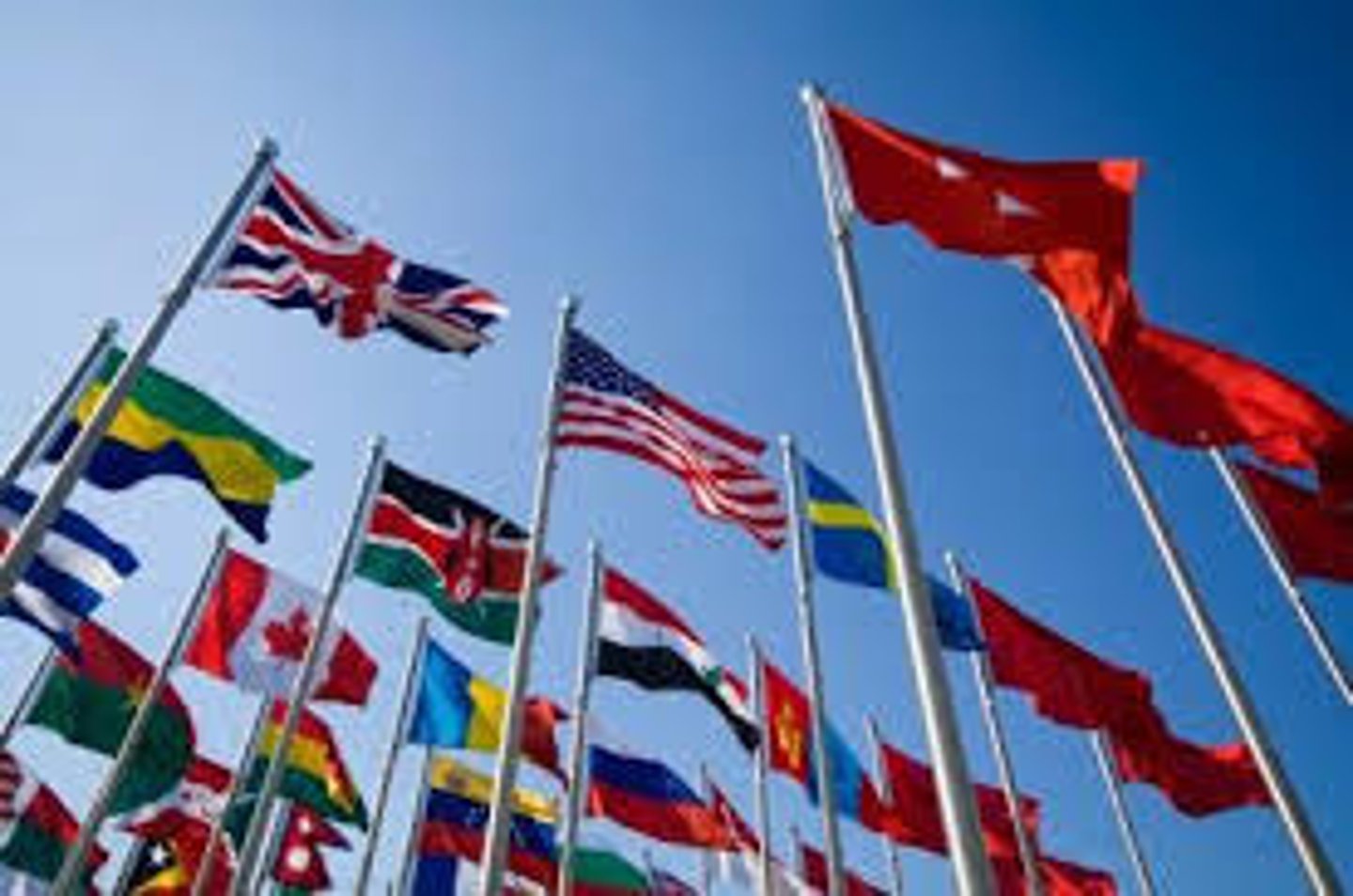
Aliens
immigrants living in the country who were not citizens
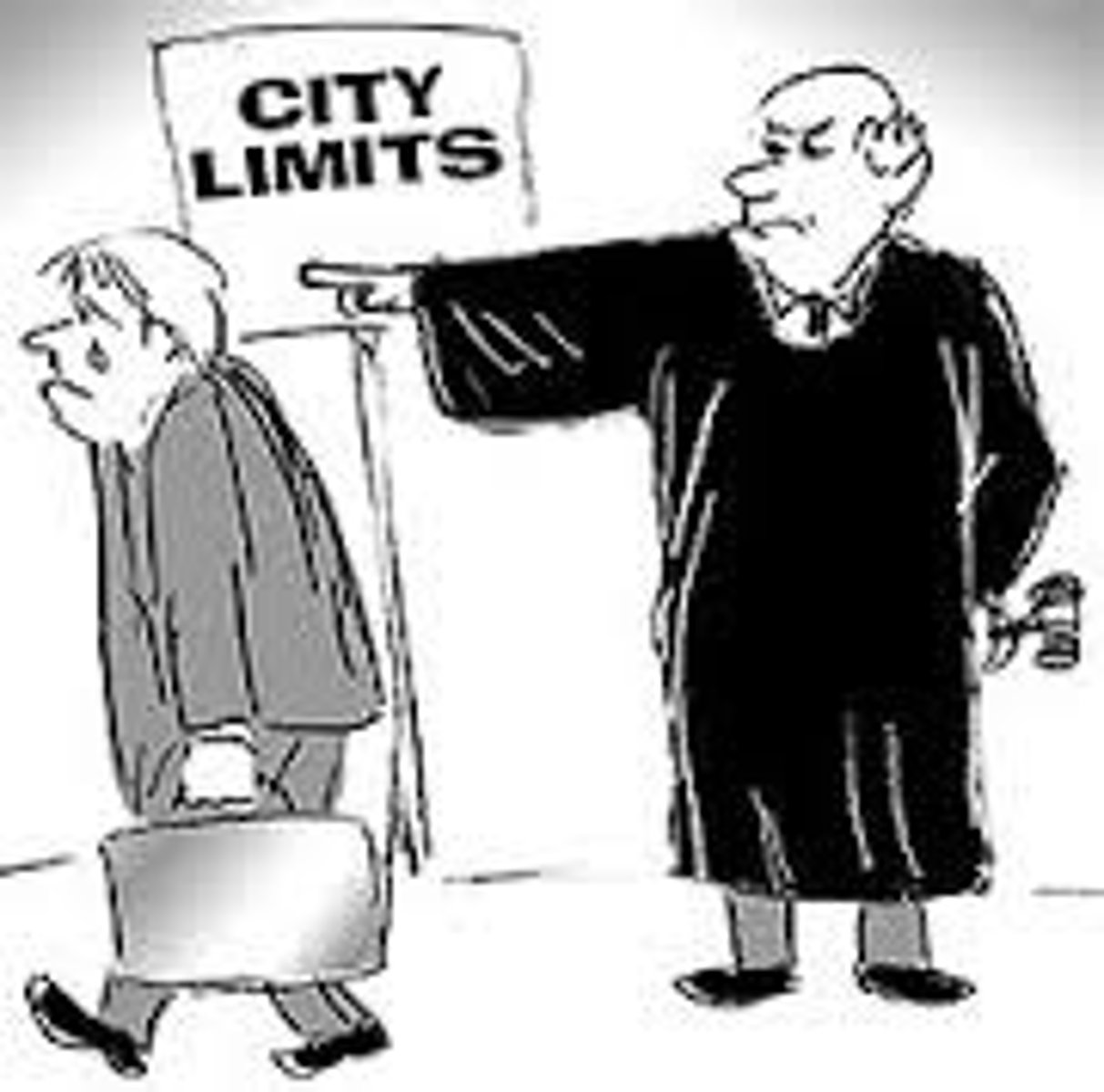
sedition
conduct or speech inciting people to rebel against the authority of a state or monarch.

Jay's Treaty (1794)
Agreement that provided England would evacuate a series of forts in U.S. territory along the Great Lakes; in return, the United States agreed to pay pre-Revolutionary War debts owed to Britain. The British also partially opened the West Indies to American shipping. The treaty was barely ratified in the face of strong Republican opposition.
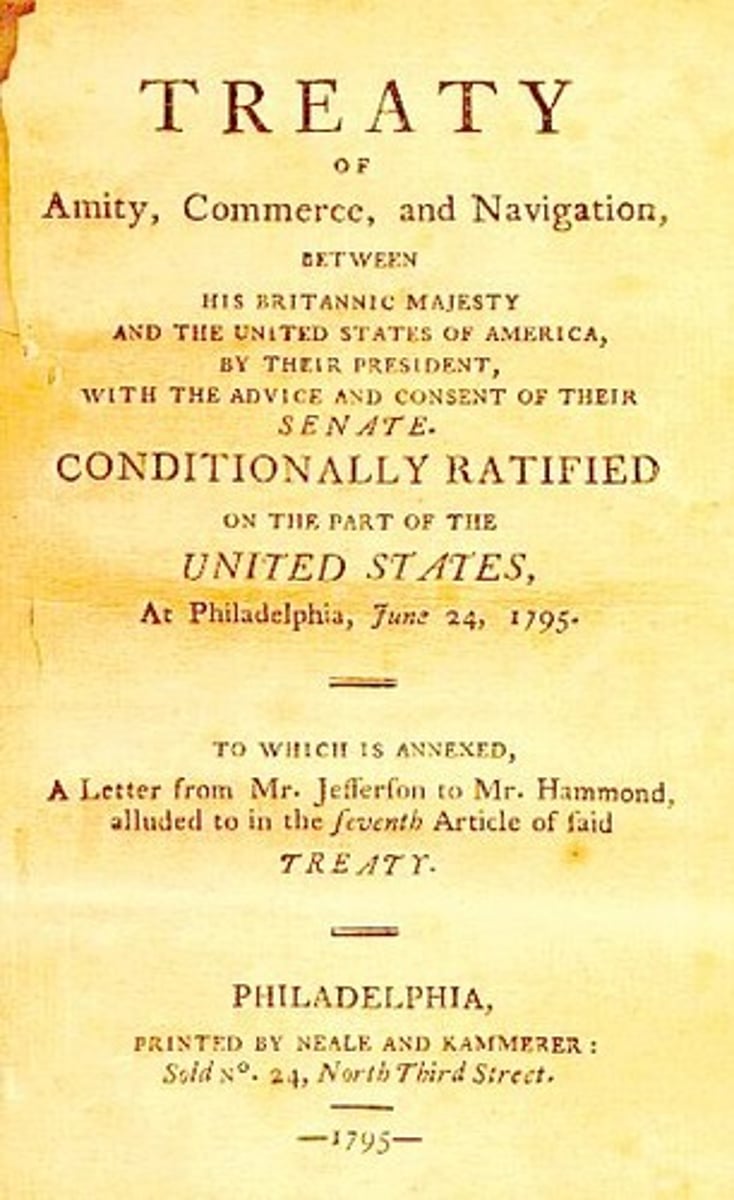
French Revolution (1789)
Period of radical social and political change throughout Europe that began with an uprising
against the king of France.
